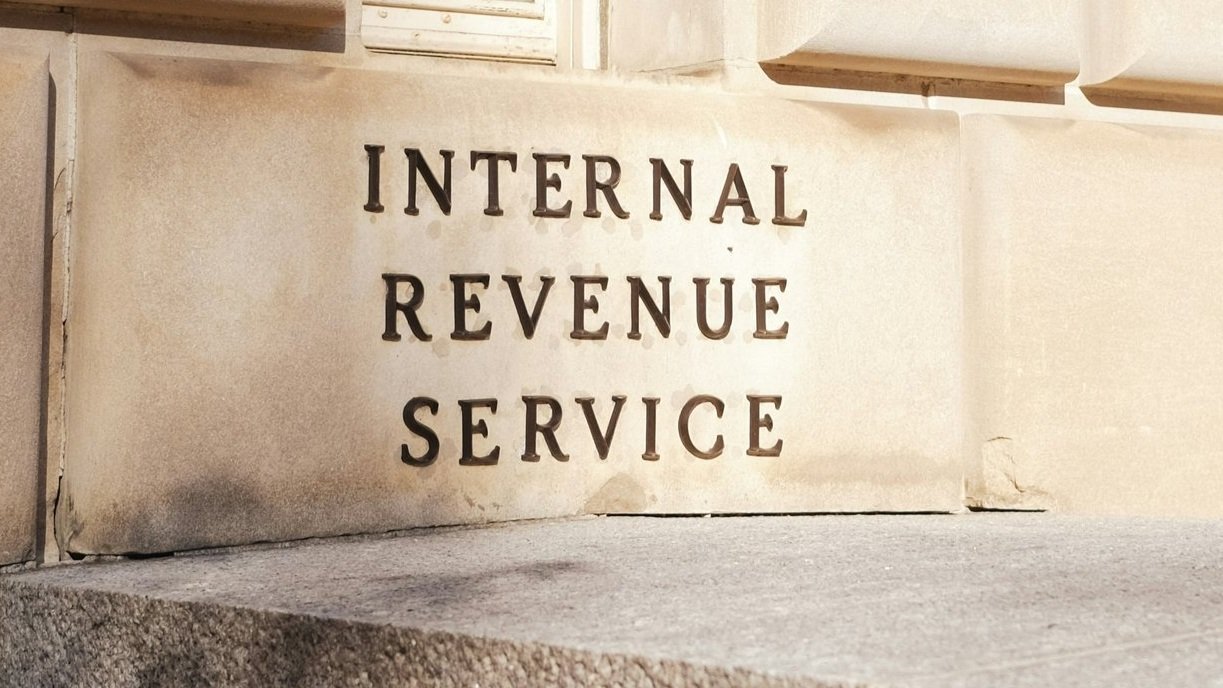STRONG ROOTS BLOG
- 401k 3
- Amy Irvine 7
- Ann Arceo 2
- Becky Eason 3
- Benefits 6
- Budget 2
- Budgeting 7
- Business Owner 6
- Business Planning 5
- Caregiving 2
- Cash Flow 7
- College Graduate Finances 4
- College Planning 8
- College Savings 5
- Debt Management 5
- Disability Insurance 4
- Employee Benefits 6
- Estate Planning 5
- FAFSA 1
- FIRE 2
- Finance 4
- Finances for Kids 2
- Financial Goals 12
- Financial Independence 2
- Financial Wellness 7
- Health Insurance 6
- Inexpensive Activities 1
- Insurance 3
- Investing 2
- Kate Welker 14
- Kerrie Beene 6
- Life Insurance 3
- Long-Term Care 2
- Medicare 2
- Quarter Buck 12
- Rachel Poe 1
- Retirement Planning 2
- Security 3
- Spending Plan 3
- Student Loan 3
- Student Loan Tips 5
- Student Loans 5
- Tax Planning 3
- Taxes 7






















